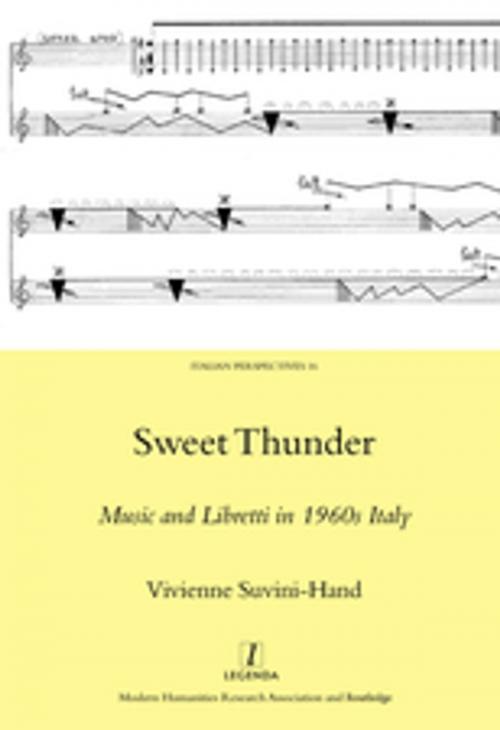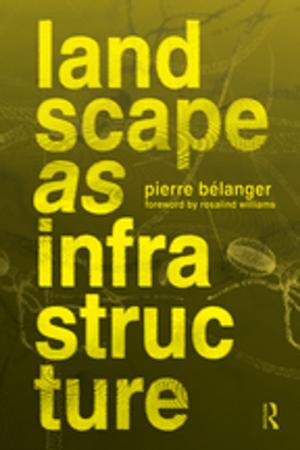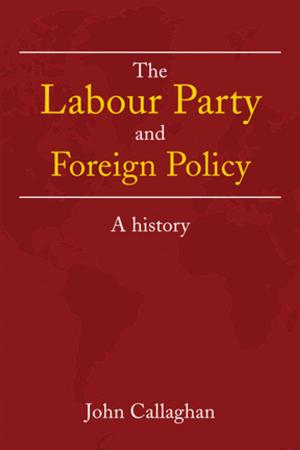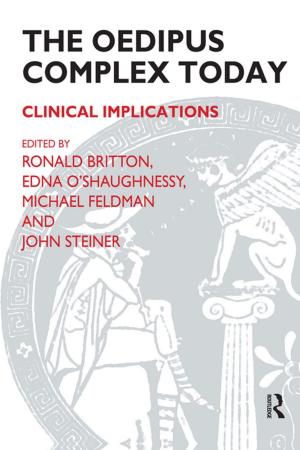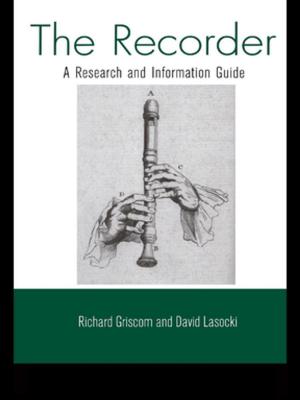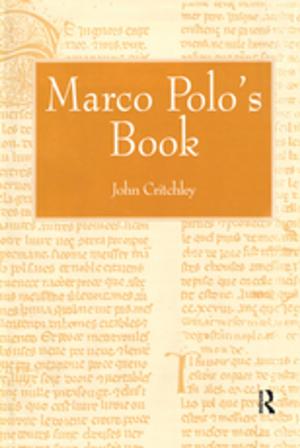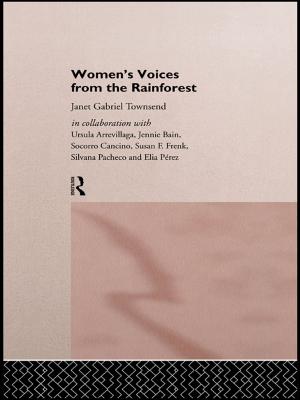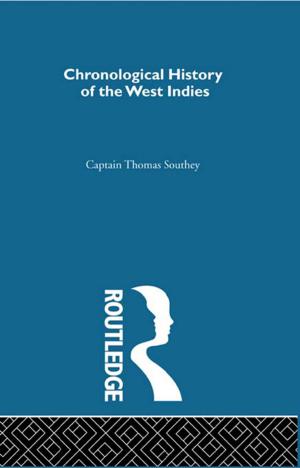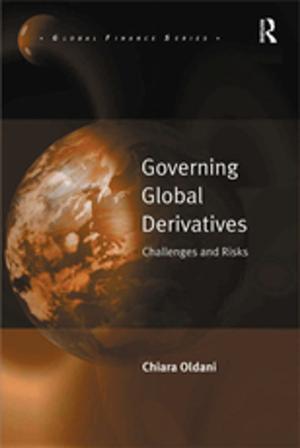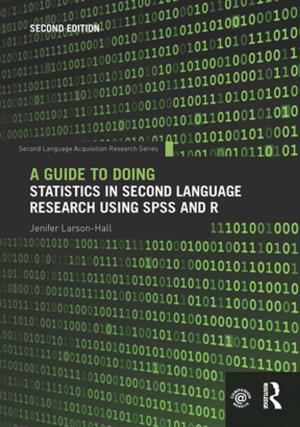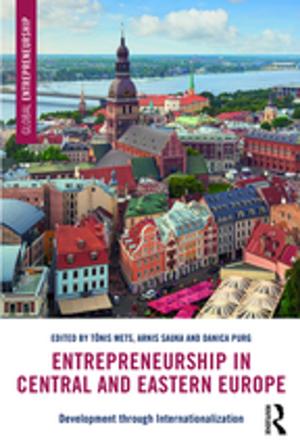Sweet Thunder
Music and Libretti in 1960s Italy
Nonfiction, Entertainment, Music, Theory & Criticism, History & Criticism, Reference| Author: | Vivienne Suvini-Hand | ISBN: | 9781351196215 |
| Publisher: | Taylor and Francis | Publication: | December 2, 2017 |
| Imprint: | Routledge | Language: | English |
| Author: | Vivienne Suvini-Hand |
| ISBN: | 9781351196215 |
| Publisher: | Taylor and Francis |
| Publication: | December 2, 2017 |
| Imprint: | Routledge |
| Language: | English |
"Italian music of the 1960s is one of the most unjustly neglected areas in the arena of twentieth-century classical music. This volume pays tribute to the astounding complexity of the music and libretti of five vocal compositions by leading experimental composers of the decade: Luigi Dallapiccola, Bruno Maderna, Luciano Berio, Giacomo Manzoni, and Armando Gentilucci. It highlights how the 'difficult' and unconventional methods of composition employed by these artists - dodecaphony, total serialism, Webernian minimalist techniques, aleatory and electronic music - displayed a refusal to compete with the market-place values of Italy's new capitalist society. At the same time, the libretti's collage arrangement of a plethora of European and Oriental literary sources dating from the sixteenth century BC onwards, reflected the contemporary Neo-avant-garde rejection of conventional literary practice, and their preference for 'organised disorder', in Umberto Eco's phrase."
"Italian music of the 1960s is one of the most unjustly neglected areas in the arena of twentieth-century classical music. This volume pays tribute to the astounding complexity of the music and libretti of five vocal compositions by leading experimental composers of the decade: Luigi Dallapiccola, Bruno Maderna, Luciano Berio, Giacomo Manzoni, and Armando Gentilucci. It highlights how the 'difficult' and unconventional methods of composition employed by these artists - dodecaphony, total serialism, Webernian minimalist techniques, aleatory and electronic music - displayed a refusal to compete with the market-place values of Italy's new capitalist society. At the same time, the libretti's collage arrangement of a plethora of European and Oriental literary sources dating from the sixteenth century BC onwards, reflected the contemporary Neo-avant-garde rejection of conventional literary practice, and their preference for 'organised disorder', in Umberto Eco's phrase."
